Why Crimea is so dangerous
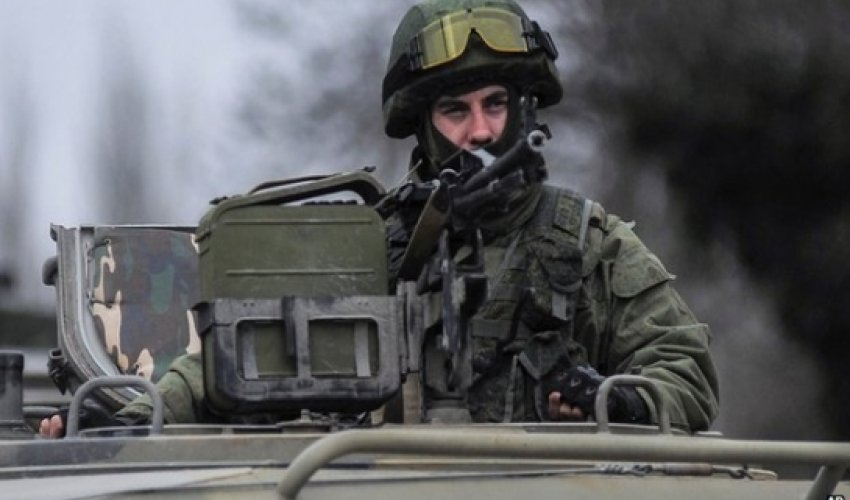
The peninsula of Crimea in southern Ukraine is at the centre of what is being seen as the biggest crisis between Russia and the West since the Cold War.Troops loyal to Russia have taken control of the region and the pro-Russian parliament has voted to join the Russian Federation, to be confirmed in a referendum.Crimea is a centre of pro-Russian sentiment, which can spill into separatism. The region - a peninsula on Ukraine's Black Sea coast - has 2.3 million people, a majority of whom identify themselves as ethnic Russians and speak Russian.The region voted heavily for Viktor Yanukovych in the 2010 presidential election, and many people there believe he is the victim of a coup - prompting separatists in Crimea's parliament to vote for joining the Russian Federation and a referendum on secession.Russia has been the dominant power in Crimea for most of the past 200 years, since it annexed the region in 1783. But it was transferred by Moscow to Ukraine - then part of the Soviet Union - in 1954. Some ethnic Russians see that as a historical wrong.However, another significant minority, the Muslim Crimean Tatars, point out that they were once the majority in Ukraine, and were deported in large numbers by Soviet leader Joseph Stalin in 1944 for alleged collaboration with Nazi invaders in World War Two.Ethnic Ukrainians made up 24% of the population in Crimea according to the 2001 census, compared with 58% Russians and 12% Tatars.Tatars have been returning since the collapse of the Soviet Union in 1991 - causing persistent tensions with Russians over land rights.Will Crimea break away?The region remains legally part of Ukraine - a status that Russia backed when pledging to uphold the territorial integrity of Ukraine in a memorandum signed in 1994, also signed by the US, UK and France.It is an autonomous republic within Ukraine, electing its own parliament. Kiev has appointed Crimea's prime minister in consultation with the regional parliament.But after the crisis erupted Crimean MPs appointed a pro-Moscow leader, Sergei Aksyonov, without the backing of Kiev. He asked Russian President Vladimir Putin for help to ensure peace, and has secured the backing of Crimea's parliament for joining Russia, with a referendum to be held on 16 March. It will ask two questions:Are you in favour of re-uniting Crimea with Russia as a constituent part of the Russian Federation?Are you in favour of restoring the Constitution of the (autonomous) Republic of Crimea of 1992 and retaining the status of Crimea as part of Ukraine?Under Ukraine's constitution, "issues of altering the territory of Ukraine are resolved exclusively by an All-Ukrainian referendum". Equally, Crimea is entitled to call cwhat are termed local referendums.Crimea's unofficial leader has been in close contact with Moscow and is thought to have moved towards secession with its full support.The crisis in Crimea began when some 11,000 soldiers loyal to Russia took control of the peninsula and blockaded Ukrainian bases. While Moscow calls them local self-defence forces, many of them are thought to be Russian. It argues it is responsible for the safety of ethnic Russians in the region.Russia has a major naval base in Sevastopol, where its Black Sea fleet is based. Under the terms of the lease, any movement of Russian troops outside the base must be authorised by the Ukrainian government.There have been reports of Russian envoys distributing Russian passports in the peninsula. Russia's defence laws allow military action overseas to "protect Russian citizens".line break Could the Crimean crisis spark a war?Vladimir Putin has obtained parliamentary approval for troop deployments not just in Crimea, but Ukraine as a whole. Moscow, which regards the new authorities in Kiev as fascists, could send troops to "protect" ethnic Russians in eastern Ukraine.That would enrage nationalists in western Ukraine, who hold positions in the new government. There could also be international repercussions. Western powers have strongly condemned the Crimea takeover. Nato is unlikely to react militarily, but is beefing up air force cover in the Baltic republics, warning of increased Russian military activity in the enclave of Kaliningrad.The US and EU are considering sanctions, but President Putin may believe that they will not last - as was the case during the Georgian war.line break What happened in Georgia?In 2008, Russia sent troops into the breakaway region of South Ossetia in 2008, routing Georgian forces which had tried to retake the territory. Nato decided not to intervene.But Crimea is bigger than South Ossetia, Ukraine bigger than Georgia, and the Crimean population more divided than in pro-Russian South Ossetia. The stakes on both sides are much higher now.Moscow resents what it sees as EU and Nato overtures to Ukraine (as it did with Georgia). This is not just a geopolitical battle for influence in Russia's backyard. President Putin is seeking to protect land that he regards as historically and culturally tied to Russia.Crimea has been fought over - and changed hands - many times in its history.The occasion many will have heard of is the Crimean War of 1853-1856, known in Britain for the Siege of Sevastopol, the Charge of the Light Brigade, and the medical advances made by Florence Nightingale and Mary Seacole.The war was a result of rival imperial ambitions, when Britain and France, suspicious of Russian ambitions in the Balkans as the Ottoman Empire declined, sent troops to Crimea to peg them back. Russia lost.(BBC)ANN.Az
Similar news
Similar news
























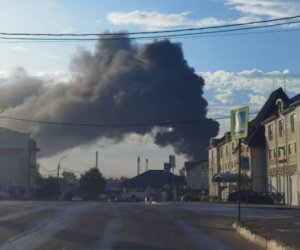
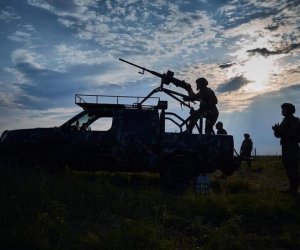
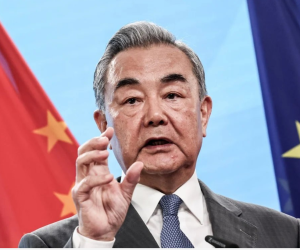
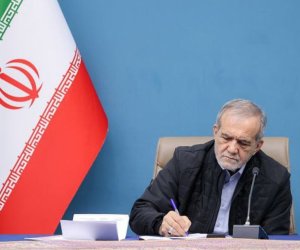

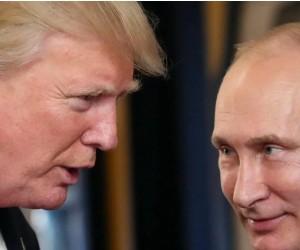
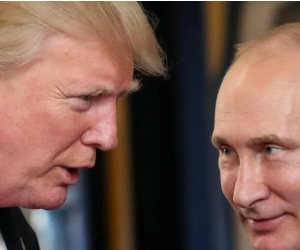
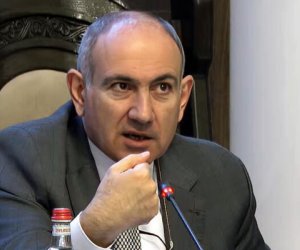
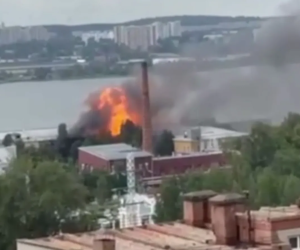



 Photo
Photo 



 Video
Video 

